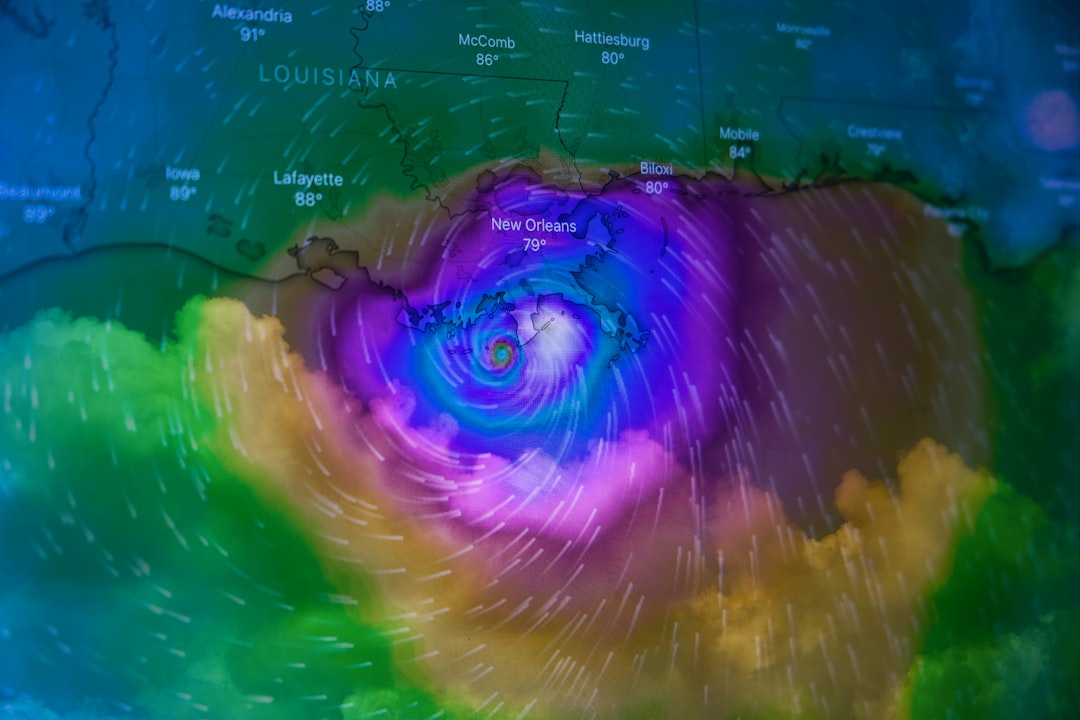Teaching is an art, not a science
It entails relying on instinct and experiences that the curriculum cannot give you.
Originally published in the Moultrie News.
What do you mean when you say teaching is an art, not a science?
The best way to explain might be with an extreme example.
I was teaching my eighth-grade English class in August 2005 when I heard a knock on the door. “This is Amanda*,” the counselor said. “She’s starting with us today.”
One look made it clear something was badly wrong. Amanda’s eyes were wide and vacant. She seemed confused. She wore a school t-shirt two sizes too big. For the rest of the period, Amanda was a million miles away.
The next day the counselor told me quite a story.
A few days earlier, Amanda and her younger brother were home alone when water entered their New Orleans apartment.
It didn’t stop. They ran upstairs, but the water followed. They slid out of a window and started swimming. The entire city was flooded. They ended up on the roof of a house.
The devastation was a result of Hurricane Katrina. The storm caused the levees surrounding New Orleans to fail, filling the city with water.
Amanda and her brother were rescued by boat. She had no idea if her friends and family were alive or dead. It took a full day to be reunited with her mother, who told Amanda the crushing news: everything they owned was gone. The city was uninhabitable. A friend in Charleston was willing to take them in. They had come into town with nothing but the clothes on their backs less than 24 hours before she entered my class.
I felt a kinship with Amanda. When I was in middle school, I lost my mother to cancer. I know what it feels like for your world to disintegrate while people around you have no idea what you’re going through inside.
In class one day, we read “Life’s Voyage” by Ella Wheeler Wilcox, a much-maligned poet that many teachers won’t touch, but I had an instinct it might reach Amanda.
I expressed the poem’s theme like this: life is only 10% what happens to us; 90% is what we do with it. Without ever mentioning Katrina but talking more than I expected about my mom, I explained that life could be like the game Jenga, where everything can suddenly collapse in ruins.
When that happens, I said, pick up one brick every day and put it into place. In time, you’ll have a sturdy edifice again. It won’t be the same, but it can still be strong.
I finished the lesson with a final metaphor. I was hesitant, but it felt right: when a flood comes, we can surrender and sink to the bottom, or we can hold our breaths, rise to the top, and tread water until the flood recedes.
Amanda was the last to leave class. “Thank you,” she said softly. That was all. That was enough.
It was a start, but my own experience taught me that Amanda needed friends. Unfortunately, the kids that year weren’t the kind to embrace strangers.
But there was another way. I was the leader of a local youth group, and I knew the kids there would welcome her. We were having an outing to an orchestra concert one Saturday night. I invited Amanda.
She showed up dressed all wrong for a night at the symphony, but no one cared. They made her feel like she belonged. On the way to the auditorium, a car full of boys made catcalls at the girls. The girls thought it was hilarious. When I heard Amanda laugh, I knew things were changing.
Over the rest of the year, I watched as Amanda started to thrive. She developed positive friendships. She grew in faith. She started doing well in school. She was happy again.
A year later, her family went back to New Orleans. She cried when she had to go.
She expressed gratitude to me when she left, but I had done nothing except show her the way to the things that could help her: faith, friends, and her own determination. They were familiar lifelines. They had all helped rescue me when I was the one rocked by a deluge.
Teaching is an art, not a science. It entails relying on instinct and experiences that the curriculum cannot give you. I grieve the loss of my mother every day, but I am thankful that the experience allowed me to help at least one courageous student prevail against her own devastating flood.
*Amanda’s name is a pseudonym.
Read the original column here.


